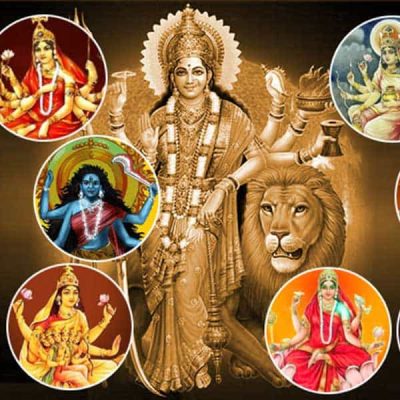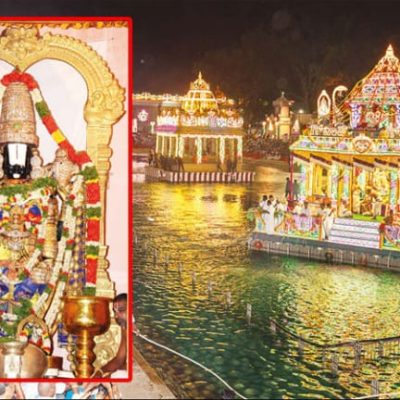Haripur Ram Chandra Temple- Himachal Pradesh
Address
Haripur Ram Chandra Temple- Haripur, Himachal Pradesh 176028, India
Diety
Ram Chandra (Rama) Amman: Sita
Introduction
Eighteen kilometers from Dehra, Haripur, had a population of 30,000 during the reign of Harish Chander, which has dwindled to about 4000 today. Haripur is well-known for its ancient temples, which have earned it the well-deserved sobriquet of ‘mini Kashi’. About 18 temples and shrines of pilgrims. However, it is a matter of grave concern that almost all of them are virtually crumbling. The 900-year-old Sri Ram Chandra temple is a picture of neglect. Laden with wild growth, the crumbling ‘tops’ of this holy structure say it all! Beautifully designed in the style of hill architecture, the temple houses the images of Rama, Sita and Laxman. The condition of the Shiva temple is no better.
Puranic Significance
Haripur, a hill outpost under Dehra subdivision of Kangra district, was founded by King Harish Chandra, a descendant of King Sansar Chand, an erstwhile ruler of Kangra. King Harish Chandra ruled Nandpur-Guler, a small hill empire, some 900 years ago. One day, the king, a keen hunter was chasing a deer. When it was cornered, the beast gave him a tough time. The king was undeterred. As the chase continued, the king and the prey strayed into the nearby Hadsar village. The horse that the king was riding tripped and fell into a dry well. While the horse died instantaneously, the king had a miraculous escape, but was trapped in the well. In those days, there were no roads. People would cover long distances either on foot or by bullock carts. A caravan of small-time traders happened to pass that way. As night was falling, they decided to camp there. When it was past midnight, they heard a cry. Taking it to be the call of an animal, they paid no heed to it. But the cry went on unabated. Moved by the heart-wrenching cry, one intrepid youth tried to locate its source. He reached the dry well covered with bramble. The young man pulled the king out of the well. The king narrated his tale to the boy and thanked him for giving him a new lease of life. Meanwhile, the king’s courtiers were confounded at his sudden disappearance. All efforts to trace the ‘missing’ king proved futile. After wandering in the wilderness for a couple of days, they found the king. They then resumed their journey to the kingdom via Chhabar village, facing the imposing Ganesh Ghati. As the king’s entourage was steadily moving ahead, the din of some grand public celebration nearby roused their curiosity. On enquiring, they were told that the king of Nandpur-Guler had ‘passed’ away and his younger sibling had been crowned the heir to the throne. The king was aghast. The accompanying courtiers proposed revolt against the coronation, but the king declined. However, he agreed to build a new empire to avenge the injustice. Efforts to find a site for a parallel kingdom started. They chanced upon an ideal site, overlooking the raging Baner rivulet. The place was named Haripur, after the king.
Century/Period/Age
900 years old
Managed By
Archaeological Survey of India (ASI)
Nearest Bus Station
Haripur
Nearest Railway Station
Kangra Station
Nearest Airport
Gaggal (Kangra)





